Healthcare solutions are the boon for hospital and medical sectors. Rapidly-evolving technologies have provided unprecedented relaxation healthcare industry such as hospitals which are facing the challenge to protect and promotion of the interest of patients.
The technology or you can say the healthcare solution is all set to disrupt the hospitals worldwide. Acute inpatient services are growing across the world and in coming days, hospitals and medicals will have to face yet another challenge to tackle them.
There are countries which are going through immense health infrastructure issues as they are not compliant with the growing demand of beds, dealing and optimization with inpatient and outpatient and so much more.
“Digitization has not left even a single section human life untouched, though the implementation of the technology remains down to some sectors and health industry is one of them. Every industry, businesses and enterprises are basking in the glory of technological advancement. As far as hospitals and medicals are concerned, they are exploring the potentials of technology into their system and as per their needs most of them have started implementing it”, says a CTO and Trending Technology expert in India Saurabh Barot.
Having worked with a few projects recently, I came across how healthcare technology can change the face of healthcare and the hospital of the future would quite different than what it is today. So, considering over the facts and benefits of increasing trends of healthcare solutions, I have something more to tell you about.
Have gone through various online resources including our personal experience with projects which we have successfully developed and implemented recently will help all our clients and readers understand the growing popularity of technology and how it will help healthcare sectors such as hospitals to manage things right in order.
Latest Healthcare IT Solutions Trends That will Dominate Future Hospitals
Leveraging the power and potentials of technologies, hospitals can provide excellent redefined care delivery, excellent patient experience, quality operation management; enhance staff productivity, management and hospital design.
Let’s understand through a scenario which provides complete preview;
John is a heart patient and he has to visit the hospital for 3-D printed mitral valve replacement. At the arrival of a nearby hospital, he is welcomed with a digital console, which helped him find his room and also help him with his schedules due next. John’s allotted room is equipped with all necessary facilities and almost everything is AI-enabled, which keep things such as lights, noise-free room, temperature according to the patients’ demand. At the same time, the patient has been given cloud-based health records which he can access anytime and find out the risks and benefits of his 3-D printed enabled surgery.
Next, right on his arrival, he has been given a smart wristwatch which records his health condition and vital signs, and also guides him to take right precaution at the right time. The wristwatch is equipped with an alert system which can notify the caregiver instantly if anything unusual found or noticed with the patient.
Who Takes Care of John
In the John’s room, there is no nurse present, and an AI-enabled robot is deployed to deliver supplies and medication to the patients’ room. It works with a voice command as well as brings all necessary things demanded by the patient.
No doctor or nurse is there to record John’s hospital records as it will be automatically generated and stored through digital uploads as well as voice-capture sensors and information acquired from the caregivers.
At the time of John’s discharge, his post-discharge care is already planned using predictive analytics. The post-discharge care is planned based on the John’s medical history, such as his recovery status and how well he responded to the treatment during the initial phase of his treatment.
Stunning…! This is absolutely rewarding and in coming days, every hospital worldwide need such facilities to provide instant and satisfied care to the patients.
Now, I would like to discuss how healthcare solutions will be helpful for hospitals in managing daily tasks efficiently. At the same time, I would also explain how the technology will let the sector carry out common to complex tasks while keeping their staffs productive.
Transformed Care Delivery
As I have explained in the preview, the technology for healthcare is all meant to provide instant support and care to the healthcare industry. With the support of ethnology or healthcare solutions, hospitals can establish a centralized digital center which will support in changing all traditional processes and enable decision-making, continuous clinical monitoring, defined treatment, and many others to help the hospital turn into acute care.
Telemedicine Solutions
With right telecommunication technologies, the doctors will be able to remote healthcare to the people who cannot travel to hospitals. A Telemedicine solution has almost the same technologies as telehealth, though both serve different purposes: telehealth used for general medical purposes while telemedicine is used for providing clinical care.
Categories of Telemedicine
Telemedicine technology has been categorized into several parts. They are as follows;
- Remote Patient Monitoring to provide clinical care remotely
- Store-and-Forward Telemedicine to forward patient data to another hospital
- Real-Time Telemedicine to provide real-time care through call, chat and video conferencing
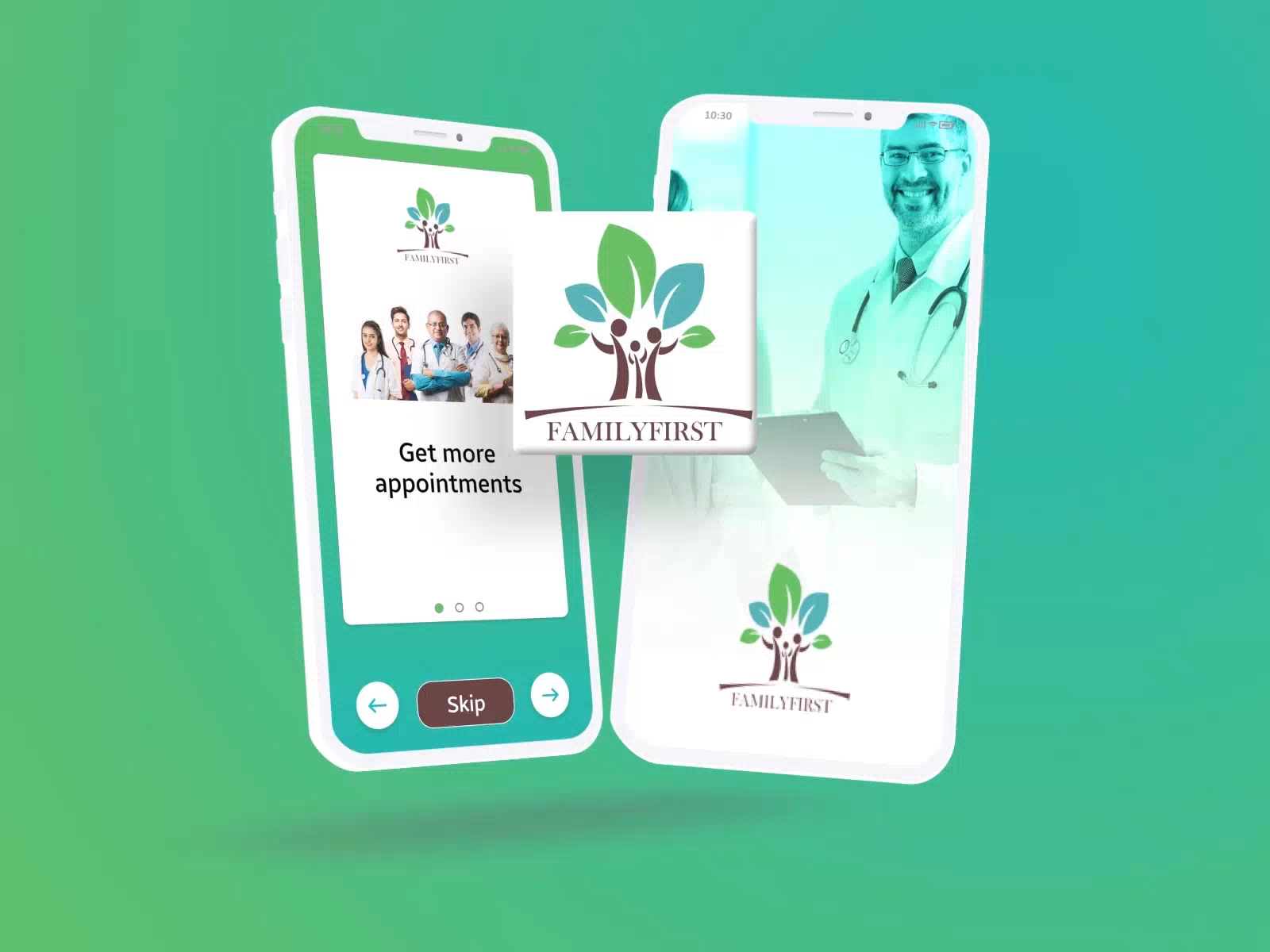
$5 billion of funding has been provided for Telemedicine Apps – Statista
Diagnostic Solutions
Diagnostic solutions deal with the equipment which is utilized during the treatment of patients. The digitally-equipped diagnostic solutions can provide support to doctor and caregivers with right using advice and treatment. It is programmed in a computer which determines the operational status of the patients and helps doctors take the right measures.
It involves plenty of things such as;
- Background monitoring system
- Black box
- White box
- Integrated background diagnostics
Enterprise HIMS
HIMS stands for Health Management Information System, which helps hospitals collect data. At the same time, it also supports hospitals in planning, management and decision-making processes. The solution works to collect, store, manage and transmit a patient’s electronic medical records (EMR), a application that supports overall healthcare policies and other data from various resources. At the same time, hospital management manager can access real-time data and prepare analytics based on that. Here, the primary concerns is managing, accessing or processing a large volume of sensitive data securely.
The primary modules of Enterprise HIMS system includes
- Electronic Medical Record (EMR)
- Electronic Health Record (EHR)
- Practice Management Systems
- Master Patient Index (MPI)
- Human Resources Management
- Customer Relationship Management
- Remote Patient Monitoring (RPM)
- Clinical Decision Support (CDS)
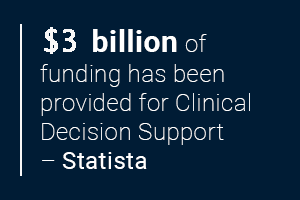
$3 billion of funding has been provided for Clinical Decision Support – Statista
Healthcare Mobile Apps
Mobile app for common healthcare to acute medical care are growing trend. The app is everywhere, whether it is to help people day-to-day life, medical, hospital, or others. Here are some top categories where a mobile app can play a vital role.
- Applications for Clinical or Assistance in Diagnosis
- Applications for Remote Monitoring
- Applications for Reminders and Alters
- Applications for Healthy Living
- Applications Staff Productivity and Management
- Hospital Management App
- Hospital Inventory Management App
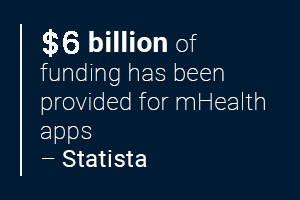
$6 billion of funding has been provided for mHealth apps – Statista
BI & Analytics
With the support of various tools and features, hospitals get accurate information, intelligence, and insights. BI & Analytics helps hospitals. When it comes to healthcare analytics, hospitals and health systems can benefit most from the information if they move towards understanding the analytic discoveries, rather than just focusing on the straight facts. Such as;
- Assessment of Analytics and Roadmap
- Faster Reporting and Planning
- Better Business Decision-making
- Improved Data Quality
- Improved Employee Satisfaction
- Improved Operational Efficiency
- Increased Competitive Advantage
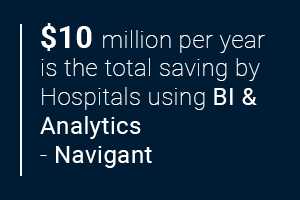
$10 million per year is the total saving by Hospitals using BI & Analytics – Navigant
Patient Portal Solutions
There are times, when most of the patients have to wait for long hours to meet doctors and get treatment. Whereas with the support of a patient portal, the patient will be given relax as he/she can book their consultations on time. Not only that, a patient can access their reports such as precaution and medical report using the portals.
The benefits of patient portals are as follows;
- Allow Patients to book an appointment
- Patients get a reminder through notification and emails regarding the appointment
- Improves patient engagement
- More efficiently serve people
- Enhanced communication between doctors and patients
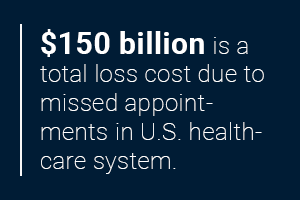
17,000 patient records are breached per day on average. – Entechus
19% of healthcare practices reported a security breach within the last year. – Entechus
Supply Chain Management
The hospital supply chain is the growing challenge for the industry and it requires some serious support to restore the challenges. Hospital inventory management app can help you reduce the burden and keep the supply chain smooth.
- Reduced Costs will enable medical to carry smaller inventories
- Can gather the critical information through the whole integrated systems in real-time
- Enhanced Safety to protect data including patient data
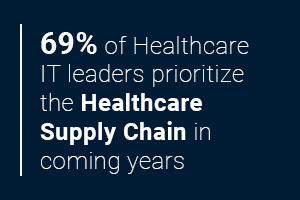
69% of Healthcare IT leaders prioritize the Healthcare Supply Chain in coming years – Black Book survey
Revenue Cycle Management
When you have the right tools and technologies put in place, you get everything right in order; keep things organized and as a result, you efficiently manage your revenue cycle management. Smooth revenue depends on various factors and all of them have been explained in the above paragraphs.
A Black Book survey revealed 80 % of hospital leaders were vetting or considering outsourcing full revenue cycle management by 2019.
45 % of large and community hospitals in a recent Black Book survey plan to use multiple bolt-on solutions for revenue cycle management in 2019.
Conclusion
Technology for healthcare is the future and it is going to make the healthcare system favor in the welfare of the people and also help hospitals provide acute medical care to people hassle-free. There are plenty of benefits of the right healthcare solutions. You can explore more and get the various new tips to manage hospitals more efficiently.
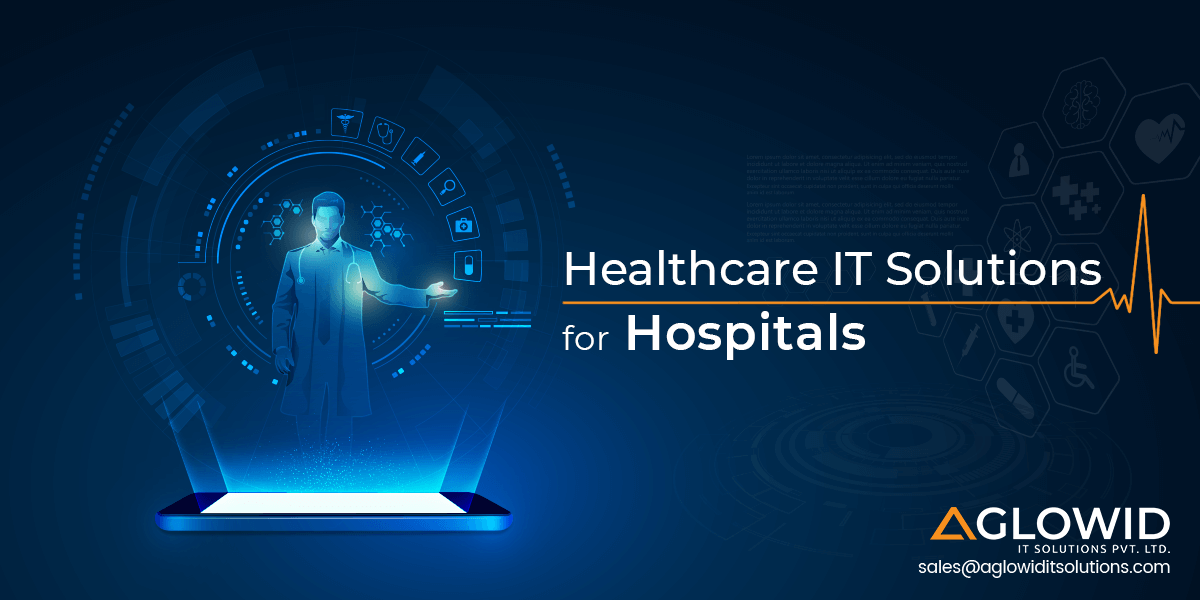





 Say
Say